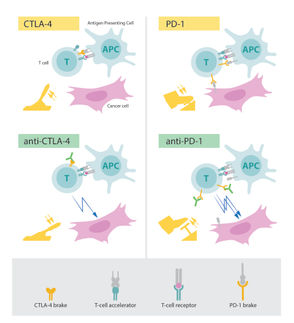Worldwide standards for clinical proteome analyses
The dream of individual medicine gets the scientific basis
Advertisement
After the many pitfalls of the GENOMICS-era, the basis for worldwide standards for clinical proteome research aiming towards early detection of live-threatening diseases as well as evaluation of therapeutic success has been set. With the publication of suggested guidelines in proteomics - Clinical Applications, a team of 26 scientists from international leading research institutes, led by Prof. Harald Mischak (Mosaiques Diagnostics & Therapeutics AG), established the basis for worldwide standards for the clinical definition of diseases by the use of proteome analysis.
This task has been significantly eased by the successful application of diagnostic polypeptide patterns in several clinical studies recently. This technological advance already enables the early detection of several diseases, for example bladder cancer, prostate cancer and chronic renal diseases, including diabetic nephropathy. The studies were published recently in Nature Medicine, Blood, Lancet Oncology and the Journal of the American Society of Nephrology.
The use of proteome analysis for the early detection differential diagnosis of several diseases is marketed via DiaPat GmbH, a subsidiary of Mosaiques Diagnostics & Therapeutics AG. According to the company, clinical proteome analysis is also of high value in the development of pharmaceuticals and will result in faster and safer development. Effects and side-effects of drugs can be evaluated on a multidimensional molecular level with unsurpassed precision using diagnostic polypeptide patterns. Diagnostic patterns (DiaPat) are patterns of thousand proteins and peptides, which reflects the difference between healthy and disease, based on indicative changes of specific proteins and peptides. The extremely complex and expensive drug development process can be significantly improved by the DiaPat method, by reducing the rates and the time for drug development.
Most read news
Topics
Organizations
Related link
Other news from the department research and development

Get the life science industry in your inbox
By submitting this form you agree that LUMITOS AG will send you the newsletter(s) selected above by email. Your data will not be passed on to third parties. Your data will be stored and processed in accordance with our data protection regulations. LUMITOS may contact you by email for the purpose of advertising or market and opinion surveys. You can revoke your consent at any time without giving reasons to LUMITOS AG, Ernst-Augustin-Str. 2, 12489 Berlin, Germany or by e-mail at revoke@lumitos.com with effect for the future. In addition, each email contains a link to unsubscribe from the corresponding newsletter.


























































